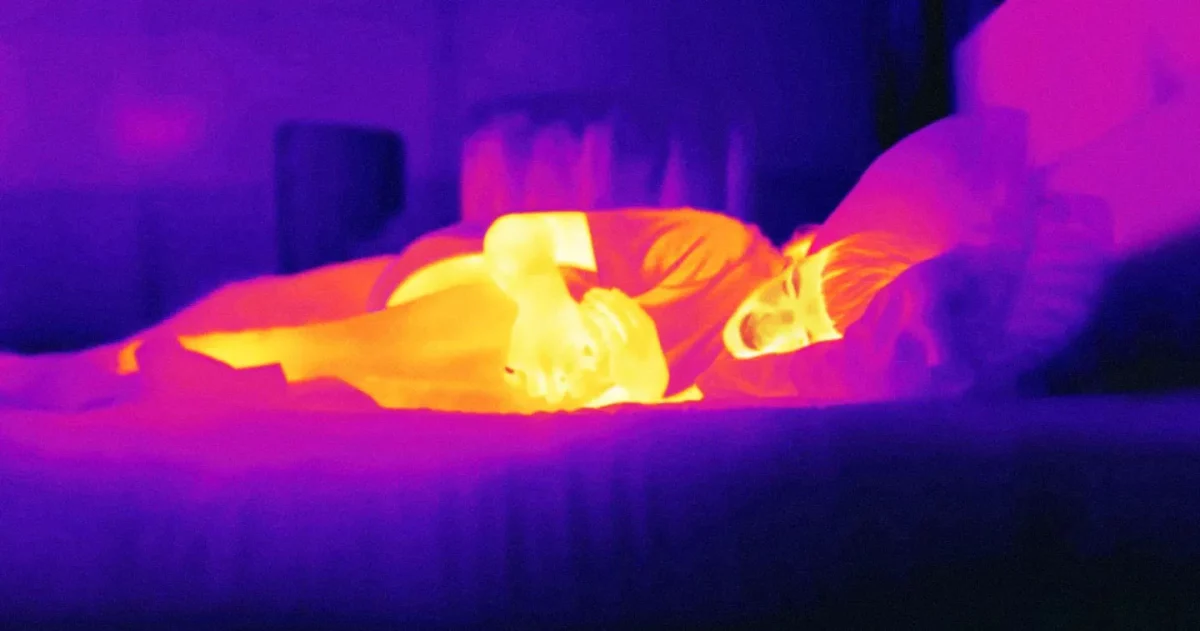Do we need more rogues in the world?
To be honest, absolutely not. There are more than enough of them to go around at the moment. So no, but what I would argue is that we need brands not to be rogues but to go rogue with their communications.
- go rogue
behave erratically or dangerously, especially by disregarding the rules or the usual way of doing something.
Going back to the first lockdown — which I’m loathed to do, but there you go — we saw brands take on a uniformity in their communications. At the time, this was necessary. No-one knew what the hell to do so they went with messages of support, community, being there for you. They copied each other, they shied away from standing out. It’s what we probably all needed at the time, along with toilet paper. However, since then, some brands seem to have got caught in a worthiness loop. A loop of being ‘terribly important’ and taking on a sort of ‘middle manager’ of consumers role, rather than a purveyor of fine goods.
The Queen’s death brought even more of this behaviour to the fore
Brands such as Innocent solemnly felt the need to declare they would cease tweeting for a few days. While the British Cycling Association instructed members not to ride their bikes out of deference, swiftly backtracking when people told them to ‘get on their bikes’ themselves. From Covid to the Queen’s death, this hand-wringing has been going on for years now. But why, when evidence shows it doesn’t help brands either become more top of mind, more likeable or ultimately (whisper it because societal purpose is clearly more important) sell more?
“Stop managing me. Just sell me your crap and be on your way” wrote Marina Hyde in The Guardian. And while as a strategist I clearly can’t fully get on board with that sentiment, I get her. As many others in the industry do too. Brands need to stop the hand-wringing, the pessimism, the coming up with even more things to worry about. Yes, I’m looking at you Bodyform. The Live Fearless brand who has a new campaign along with a shiny new word: Periodsomnia. Apparently, ‘every night millions and millions of us experience periodsomnia. And all the while, lost sleep slips by — two hours a night, four nights a year, and months and months and months over our lives. Because periods never sleep. Even though we’re desperate to. With our wombs bleeding, and our bellies bloating, we’re half awake and half asleep.’ Aha, so what’s the answer to this terribly depressing sounding situation Bodyform? Well, there isn’t one — they just want to ‘shine a light’ on the situation, obviously.
But after Covid, European wars, government breakdowns, monarchy deaths and the cost-of-living crisis, do people really want brands talking to them in this way? The short answer is no. A 2019 study from DoSomething Strategic found that only 12% of younger consumers had top-of-mind associations (unaided awareness) between brands they knew and their causes. Providing a list of social causes (aided awareness) only increased these associations to 24%.
And being patronising doesn’t make you likeable. Birds Eye learnt this the hard way with its ‘Welcome to the Plant Age’ where a small child challenged her mum ‘Is it because you fear change and you’re scared to try something new?’. This condescending sentiment led to many an annoyed forum discussion including the Reddit thread ‘The utter abomination that is the Birds Eye Green Cuisine TV advert.’
Brands need to break this worthiness loop and bring some joy into our lives. Take a leaf (or sausage roll) out the Greggs x Primark collaboration. The guy that I spotted at the airport wearing one of their shirts, he was the only thing that made me smile in a 2-hour Tui queue. So come on brands don’t be rogue, but please do go more rogue (at least with your communications).
Featured image: Bodyform’s Periodsomnia campaign

